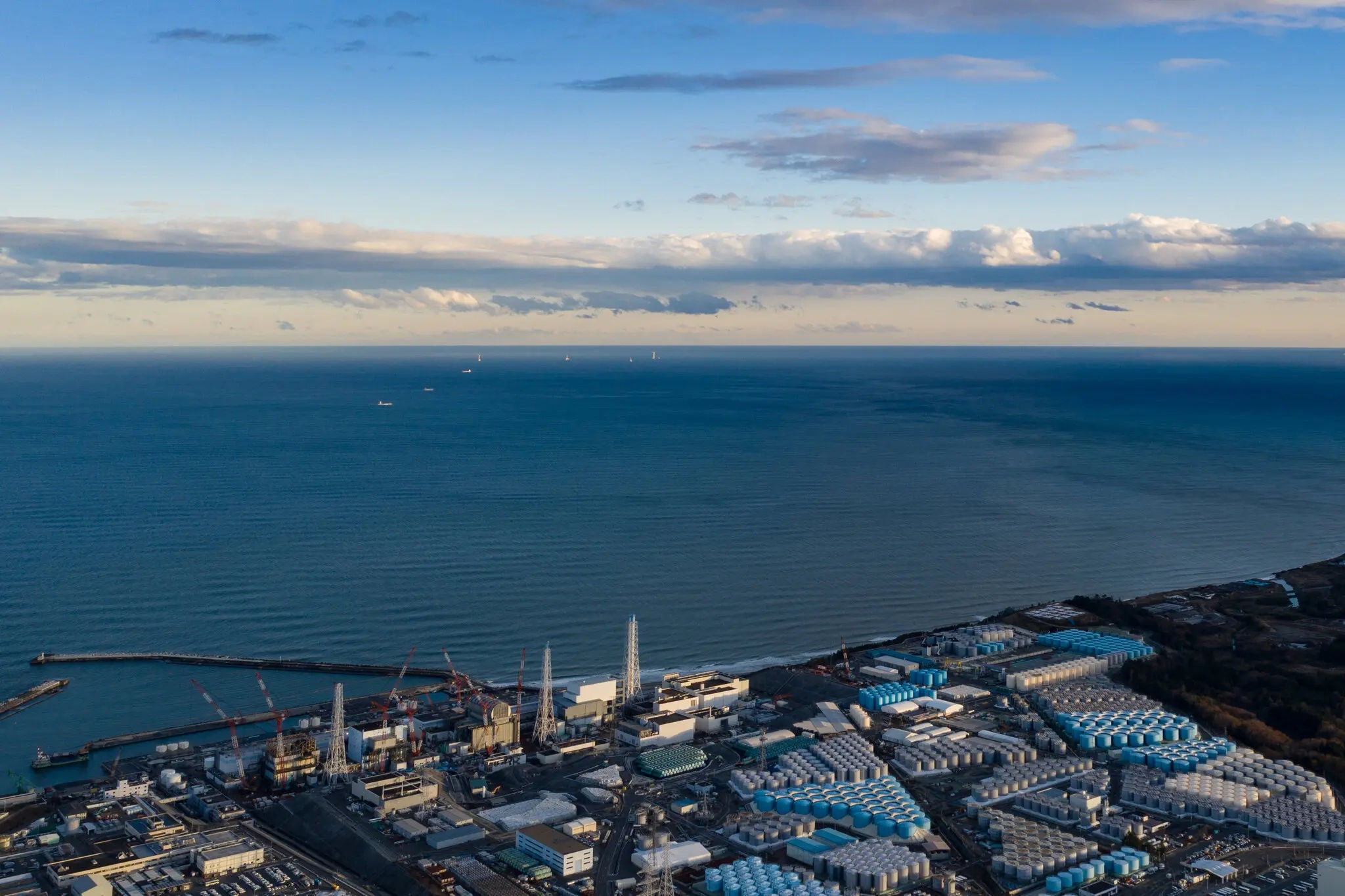Despite protests from its neighbors, Japan has declared its plans to start the purposeful discharge of treated radioactive water from the tsunami-damaged Fukushima nuclear plant into the Pacific Ocean. With clearance from the UN’s nuclear watchdog and 1.34 million tonnes of accumulated water since the 2011 tsunami, Japanese officials intend to release the water over 30 years after undergoing filtration and dilution procedures.
The disposal is scheduled to begin on August 24th, following a Cabinet meeting and Prime Minister Fumio Kishida’s recent visit to the plant, if weather and sea conditions permit. The Fukushima facility, located on Japan’s east coast, is currently being decommissioned, and releasing the water is considered an essential step due to limited storage space for the contaminated water.
The Fukushima disaster in 2011, caused by a magnitude 9.0 earthquake and subsequent tsunami, resulted in severe damage to the nuclear power plant and the establishment of an exclusion zone. Over 150,000 people were forced to evacuate as a result.
The release plan has faced concerns throughout Asia and the Pacific since its approval by the Japanese government two years ago. In July, it received endorsement from the UN’s nuclear watchdog, although local residents and fishermen have expressed worries about the impact on their livelihoods, leading to protests and opposition.
Tokyo Electric Power Company (Tepco), the plant’s owner, has been actively filtering the water to remove radioactive components, although tritium and carbon-14, which are difficult to eliminate, will still be present in the treated water. Experts have stated that the radiation levels of these isotopes pose minimal risk unless consumed in large quantities.
Japanese authorities argue that the treated water, when mixed with seawater, adheres to safety standards for tritium and carbon-14 levels. They also highlight that many nuclear power plants worldwide regularly release wastewater with higher tritium levels than the treated Fukushima water.
China has been particularly vocal in opposing the release plan and has accused Japan of treating the ocean as its “private sewer.” In response, Hong Kong has imposed import restrictions on certain Japanese food products, and both South Korea and China have banned fish imports from the Fukushima region. However, the South Korean government has endorsed the release plan and criticized protesters for spreading panic.
#Fukushima #Japan #RadioactiveWater




